Does anyone believe Brian Friel’s libellous blarney? He portrays Ireland in the 20th century as an economic basket case where the starving, the retarded, the crippled and the widowed offer up prayers to a heartless God who responds by heaping their burden ever higher. Friel is popular with British mainlanders who are tickled by the news that their Atlantic coastlines are peopled by picturesque barbarians and suicidal drunkards mired in exquisitely revolting dereliction. You’ll notice that aid agencies use the same technique, and for the same audience, when they portray Africa as a rough and ready paradise where life is organised around the latest borehole dug by a team of gap year Norwegian pole vault champions.
Friel’s play Faith Healer, set in the 1950s, presents us with a charlatan from Limerick who peddles his brand of magic to deathbed cripples in Ireland, Wales and Scotland (but not England, of course, where the wholesome and rational people have no need of witchcraft). The healer, played by charming oddball Stephen Dillane, fancies himself as a psychologist and suggests that his followers have no wish be cured, only to be confirmed in their hopelessness. Yet his cynicism doesn’t quite square with the pride he takes in his occasional triumphs. His greatest success occurred in a Glamorganshire hamlet where no fewer than 11 dribbling, stone blind, deaf mute hunchbacks in wheelchairs were healed by a casual wave of his hand and went on to form a first class cricket team that defeated Sri Lanka in an exhibition match at Lord’s.
The healer quits the stage halfway through his story having hinted at a late night lynching in a Donegal pub. Enter his wife (Gina McKee), who suggests that her husband was an abusive crook addicted to whisky and falsehood. Finally the manager appears (Ron Cook, too eager to please) as a Cockney speaking a curious Fagin esque dialect in which ‘my dear’ punctuates every other sentence. Friel may have mistaken Oliver! for a documentary.
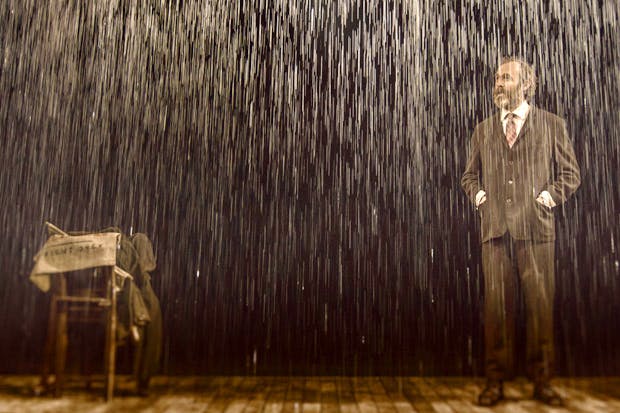
Stephen Dillaine as Frank in Faith Healer (Photo: Johan Persson)
The production works well in some ways. Friel’s oblique and subtle rhetoric is wonderful to hear. And the play’s static structure, with four soliloquys lasting half an hour each, seems to invite the audience to slide into a gentle sleep. But they were riveted throughout because Friel has craftily concealed the play’s status as a whodunnit. He’s aware that his audience of metropolitan play goers would spurn a conventional thriller with a corpse, a murder weapon and a devious culprit unmasked in the final scene by a brilliant detective. Friel’s technique is more layered and allusive. He throws out clues to mysteries that he can’t solve, and doesn’t need to solve, because the facts are impossible to establish. Who was the father of the stillborn child? What happened when the drunken farmboys attacked the healer? Why did the wife trade in her legal career for a life of squalid penury with a drunken loser? Friel makes each character contradict the others’ testimony so the narrative comes to us fitfully, in waves of garbled obscurity, like a message shouted across buffeting seas from a half glimpsed ship at night. The lack of clarity makes it deliciously frustrating. And that’s where the pleasure and the drama lie.
But don’t imagine that this elaborately miserable snapshot of Ireland has much historical accuracy. Friel’s sorrowing wasteland, where illiterate bumpkins stagger to the pub across the unmarked tombs of penniless babies, was hardly true even 70 years ago. His popularity in England rests on his knack of making the locals feel comfortable about being comfortable.
Strain every nerve to catch Sean Foley’s stage version of Bugsy Malone. In 1976 Alan Parker had the crazy idea of blending two incompatible genres: the school play and the gangster classic. The result is a glorious absurdity with a sweet logic all its own. The cartoon violence is funny yet realistic. Rat a tat machine guns splurge custardy trifle all over the sharp suited victims. The hoodlums’ vintage car is powered by pedals and a chain transmission. When the crime boss thanks his henchmen for massacring their rivals, he hands out lollipops to every gang member except one, a snitch, who gets ‘whacked’ with cream pies.
Max Gill is terrific as the hyperactive Fat Sam. Crime boss Dandy Dan is played by minuscule youngster Alesandro Bonelli, who looks ultra cute in his pencil moustache, slicked down hair and Hef dressing gown. But he’s more than just a kid in comic threads. This is a performance. Bonelli selects and conveys emotions that can stir a response across 30 yards of space. He knows what he’s doing. The musical numbers deserve a special mention. They’re better than exceptional. They stay with you for ever. I realised early on that I knew every song by heart even though I’ve seen the show only once, as a film, on its release. I’ve been humming these tunes all my life.
Got something to add? Join the discussion and comment below.
Get 10 issues for just $10
Subscribe to The Spectator Australia today for the next 10 magazine issues, plus full online access, for just $10.

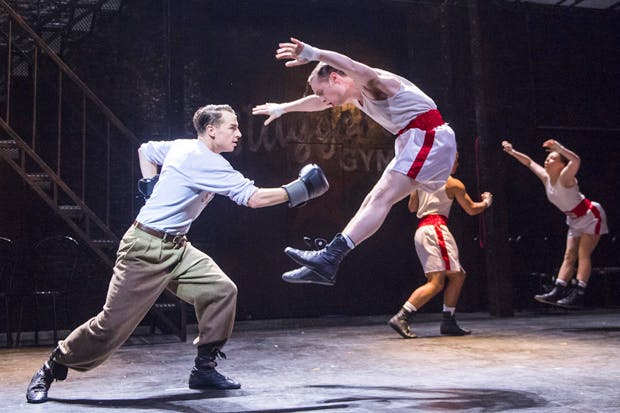
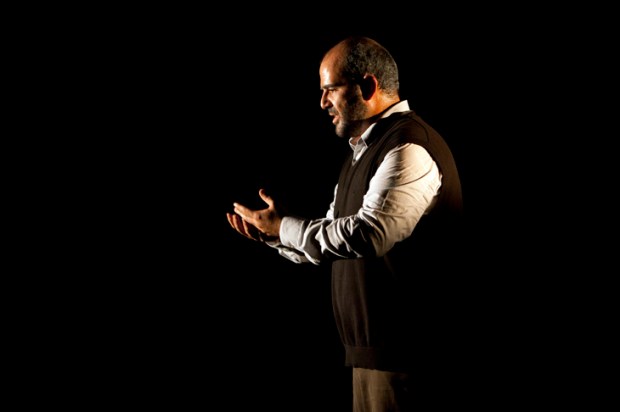



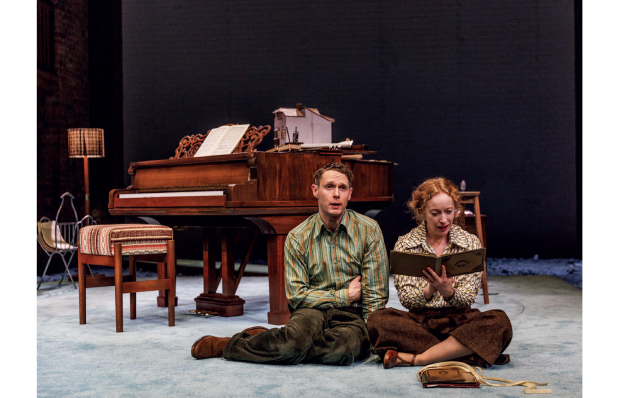
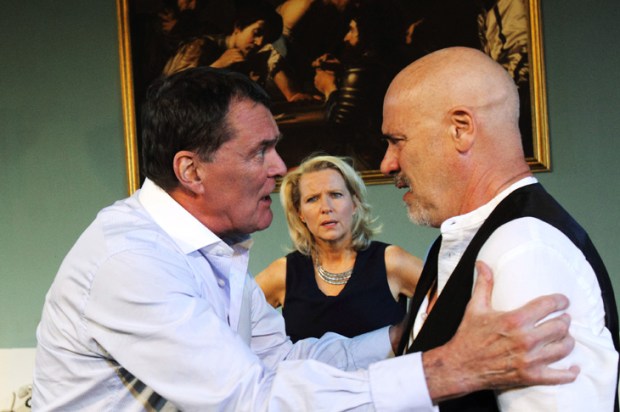






Comments
Don't miss out
Join the conversation with other Spectator Australia readers. Subscribe to leave a comment.
SUBSCRIBEAlready a subscriber? Log in